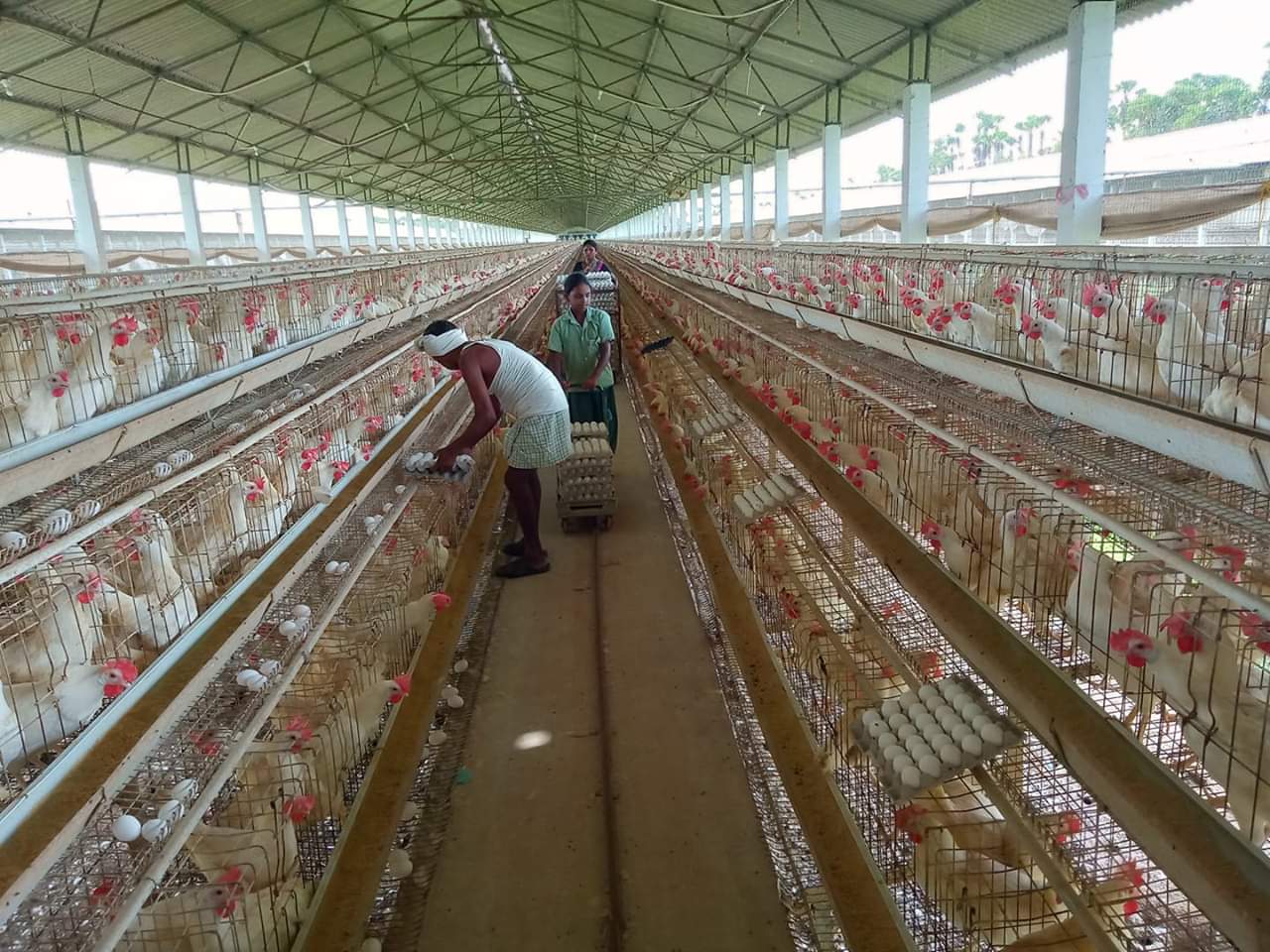Biosecurity Tips: 6 Ways To Prevent Poultry Disease
Restrict access to your property and your birds. Consider fencing off the area where your birds are to form a barrier between “clean” and “dirty” areas. The clean area is the immediate area surrounding your birds, and the dirty or buffer area must be considered to be infected with germs, even if the birds appear healthy and disease free.
Allow only people who take care of your birds to come into contact with them. Your caretakers should not attend bird shows or other events where birds are present. If visitors to your property want to see your birds, be sure they wash up first and clean their shoes. Better yet, keep clean boots for visitors to wear. If your visitors have birds of their own, do notlet them near your birds at all.
Game birds and migratory waterfowl should not have contact with your flock because they can carry germs and diseases. If your birds are outdoors, try to keep them in a screened area.
2. Keep It Clean.
You wouldn’t think of tracking dirt and disease into your house, where it could infect your family. Don’t do that to your birds either! Germs can be picked up on shoes and clothing and moved from one area to another. To keep your birds “germ-free,” keep a pair of shoes and a set of clothes to wear only around your birds. Many people keep these clean clothes in a covered pail at the entrance to their bird area. Or, clean and disinfect your shoes and launder your clothes before you check on or work with your birds.
Scrubbing your shoes with a long-handled scrub brush and disinfectant (see section below on disinfectants) will remove droppings, mud, or debris. Clothes should be washed in a washing machine with laundry detergent.
Wash your hands thoroughly with soap, water, and a disinfectant before entering your bird area.
Keep cages, food, and water clean on a daily basis. Clean and disinfect equipment that comes in contact with your birds or their droppings. That includes tools such as feed scoops, shovels, rakes, and brooms. All manure must be removed before disinfectant can work, so clean surfaces with soap and water first. Properly dispose of dead birds by burial or incineration or take them to a landfill. Check on local ordinances for acceptable disposal methods.
3. Don’t Haul Disease Home.
Car and truck tires, poultry cages, and equipment can all harbor “germs.” If you travel to a location where other birds are present, or even to the feed store, be sure to clean and disinfect these items before you return to your property.
Taking some of your birds to a fair or exhibition? Keep those birds separated from the rest of your flock and watch them for at least 2 weeks after the event to ensure that they didn’t pick up a disease.
New birds should be kept separate from your flock for at least 30 days before putting them with the rest of your birds. To prevent disease, it is best not to mix young and old birds or birds from different species or different sources.
4. Don’t Borrow Disease From Your Neighbor.
Do not share birds, lawn and garden equipment, tools, or poultry supplies with your neighbors or other bird owners. If you do bring these items home, clean and disinfect them before they reach your property. And remember to clean and disinfect borrowed items before returning them. Never share items such as wooden pallets or cardboard egg cartons because they are porous and cannot be adequately cleaned and disinfected.
5. Know the Warning Signs of Infectious Bird Diseases.
Many bird diseases can be difficult to diagnose. The list below includes some of the things to look for that signal something might be wrong with your birds. Early detection of signs is very important to prevent the spread of disease.
• Sudden death
• Diarrhea
• Decreased or complete loss of egg production; soft-shelled, misshapen eggs
• Sneezing, gasping for air, nasal discharge, coughing
• Lack of energy and appetite
• Swelling of tissues around eyes and in neck
• Purple discoloration of the wattles, combs, and legs
• Depression, muscular tremors, drooping wings, twisting of head and neck, incoordination, complete paralysis
6. Report Sick Birds.
Do not wait to report unusual signs of disease or unexpected deaths among your birds. Disinfectants
Cleaning and disinfecting is one of the most important steps you can take in practicing backyard biosecurity. Below are some examples of disinfectants available on the market. Follow the directions on the label carefully for the best results.
Thoroughly clean and scrub objects before applying disinfectants. Disinfectants cannot work on top of caked-on dirt and manure, so thoroughly wash surfaces before disinfecting.
Apply disinfectants using brushes, sponges and spray units. Allow adequate contact time (follow manufacturer’s instructions.)



